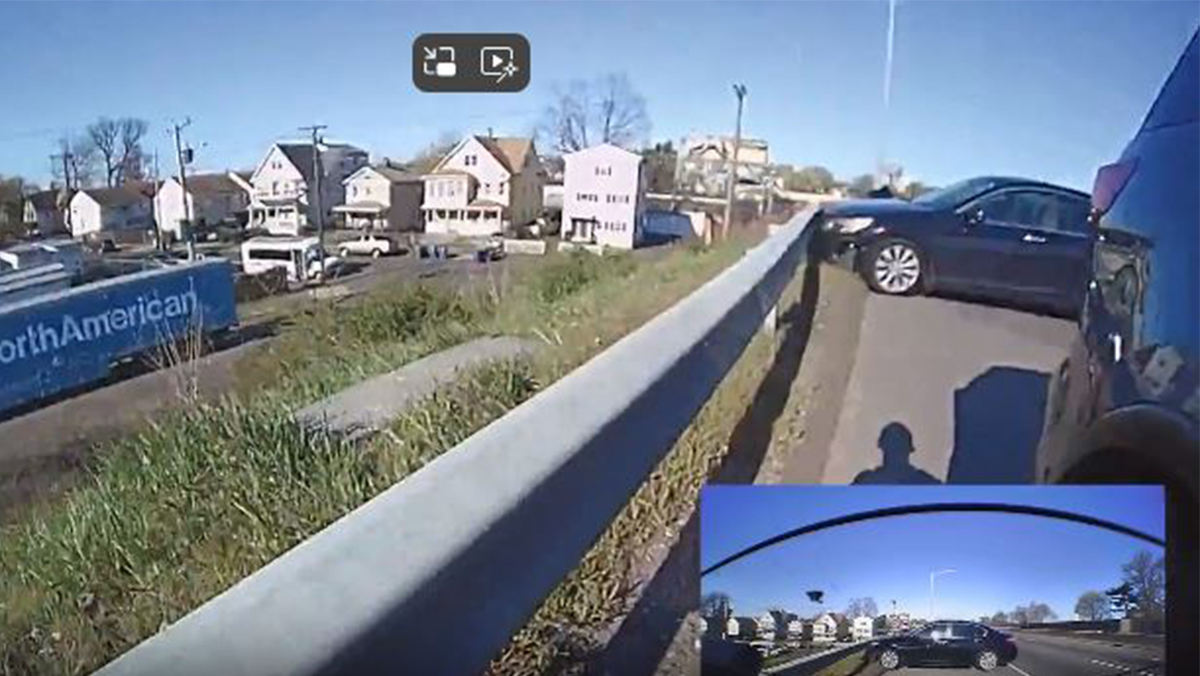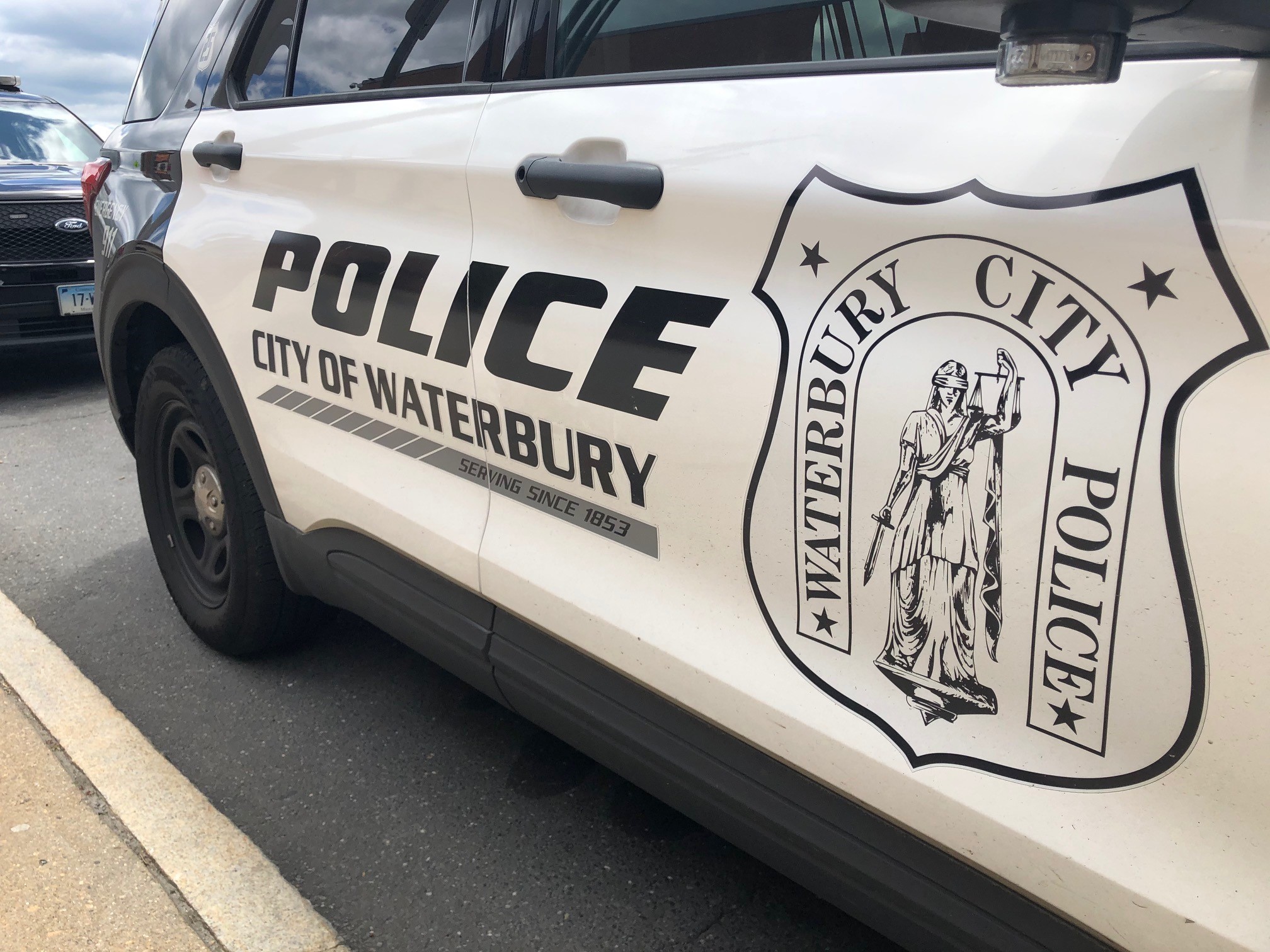Has the governor gone too far to curb the spread of the coronavirus? That’s what Connecticut’s highest court will decide.
For the first time in this pandemic, Gov. Ned Lamont’s executive powers are being put to the test in front of the state supreme court.
At issue: whether Lamont has the authority to keep businesses closed under the civil preparedness provision. Under it, the state forced all bars to close at the beginning of the pandemic. Only those serving food were allowed to reopen.
"The governor is essentially playing God under this statute," said Jonathan Klein, who represents Kristine Casey, owner of Casey’s Irish Pub in Milford.
Casey is the first to sue the governor over one of his pandemic-related orders. It closed its doors in March and they haven't been opened since.
In court documents, Klein contends that the governor's order will put Casey out of business for good. He’s asked for an injunction.
During oral arguments made virtually in front of the Connecticut Supreme Court on Friday, Klein said the governor's job is to carry out the laws passed by the legislature and that he’s violated the separation of powers throughout the pandemic.
Local
"By using executive orders to suspend or modify those laws at will as the governor has done 85 times in the last nine months, it's the antithesis of executing the general assembly's laws,” Klein argued.
The justices questioned the legislature's role, why it's allowed the governor's orders to last as long as they have and if their acceptance of those orders satisfies a check on his powers.
"No one expected the pandemic to be going on this long but you know, we're coming to work and the legislature should come to work,” said the Honorable Gregory D’Auria.
"Because it contains no role for the legislature, at least in the event of a natural disaster, you could imagine a really problematic situation where there's a disaster that's declared and the governor just doesn't end it, and during that time he pretty much has control to do anything he wants,” said the Honorable Steve Ecker of the state statute.
However, Philip Miller, the assistant attorney general representing Lamont, pointed out that the legislature could have challenged his authority when they returned to the Capitol for a special session in September.
“That clearly demonstrates the legislature fully was on board with the actions the governor takes,” said Miller.
Pandemic a 'Serious Disaster'
While state statutes do give the governor broad authority in times of serious disasters, only weather-related catastrophes are specified in the law.
“This is not a snowstorm, a snowstorm we clean up after a few days, this has gone on for months now,” said the Honorable Gregory D’Auria.
Miller explained that the legislature did add epidemics and man-made disasters to the law in 1975, but took them out four years later to align with the federal government's more narrow scope to help the state’s eligibility for federal aid.
“There's absolutely nothing to suggest even in 1979 did the legislature intend the scope of the civil preparedness emergency not to include those terms, especially when they put them in four years before,” Miller argued.
In his appeal to the highest court on Friday, Klein said, “this case is about the rule of law. It's not about how serious COVID-19 is."
“Yesterday alone, more Americans died of COVID than died in 9/11 and to date, more Americans have died in World War II in four years in nine months. It’s kind of hard getting your head wrapped around that not being a serious disaster,” pointed out the Honorable Andrew McDonald, state supreme court justice.
A superior court judge agreed that the pandemic falls into the “serious disaster” category and that the law grants the governor the authority to act for the public's health and safety.
"The governor does not have the authority under the state constitution to issue executive orders which forced the closure of my client's pub,” argued Klein.
Klein believes the governor's order keeping bars closed is unconstitutional.
"Your honors, this is a serious disaster no matter how we try to define that term,” Miller countered to the court.
There is no timeline for when the court will hand down its ruling. A case that raised similar issues in Massachusetts was heard back in September. That decision, in favor of that state, came down on Thursday.



